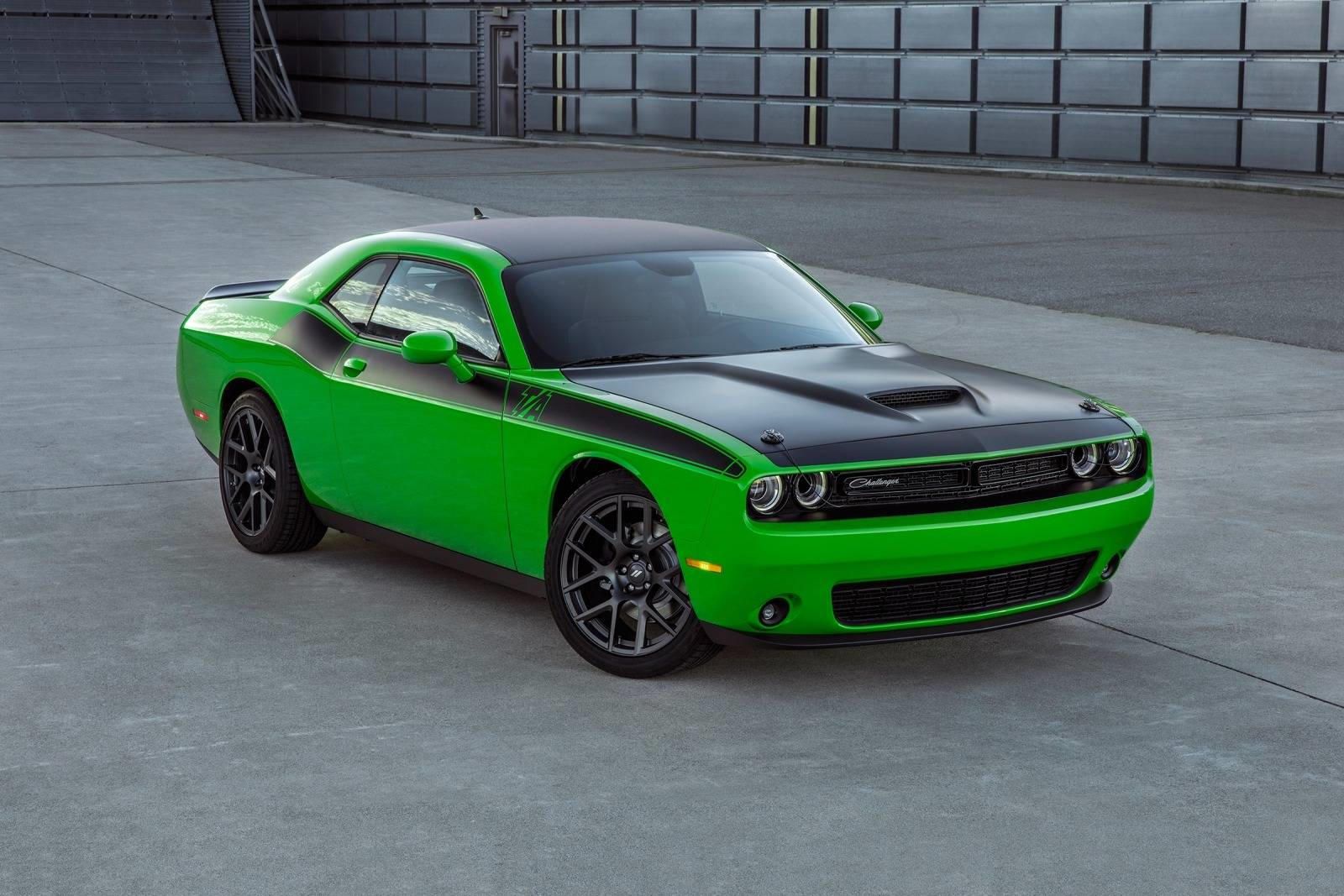
Gas prices are as high as they've ever been and many consumers will be paying more attention to gas mileage numbers, as well as electrified models, before buying a new vehicle. But it's not only consumers who are keeping an eye on mpg ratings. The National Highway Traffic Safety Administration (NHTSA) has announced that it will be reinstating a high increase in penalties for automakers that don't meet fuel efficiency requirements. This applies to 2019 model year vehicles and newer. While this is good news for Tesla, the decision could cost Stellantis over $570 million based on the company's previous estimates.
The NHTSA said that the latest decision "increases the accountability of manufacturers for violating the nation's fuel economy standards" and that it hopes to incentivize offending automakers to speed up improvements. Early last year, the Trump administration delayed a 2016 regulation that would have doubled penalties for automakers. In 2016, automakers protested the proposed penalty price hike because it would increase industry costs by at least $1 billion, according to Reuters. So, what are those penalties exactly? Well, for 2019-2021 models, it's $14 for every 0.1 miles per gallon that new vehicles fall short of based on the current standards. That amount is then multiplied by the number of vehicles sold that don't comply.
The $14 fine is up from $5.50. For 2022 model year vehicles, the penalty rises to $15. According to the NHTSA, the new rate for 2019 model year vehicles means that automakers would collectively owe $294 million, a dramatic increase from $115.4 million at the previous rate.
For companies like Stellantis, it's bad news as it tries inventive ways to speed up electrification. But with gas-guzzling models like the Dodge Challenger, Ram 1500, and an array of other trucks and SUVs that still rely on gas only, there's still a long way to go. Last year, a goal for manufacturers' annual production fleets to achieve at least 52 mpg by 2026, up from 40 mpg, raised concern for supercar brands. Following the NHTSA's new ruling, many companies will likely have to cough up millions in penalties until they can electrify a higher percentage of their fleets.
